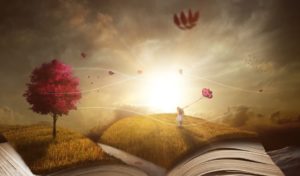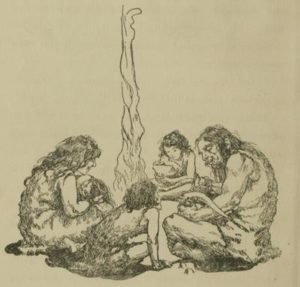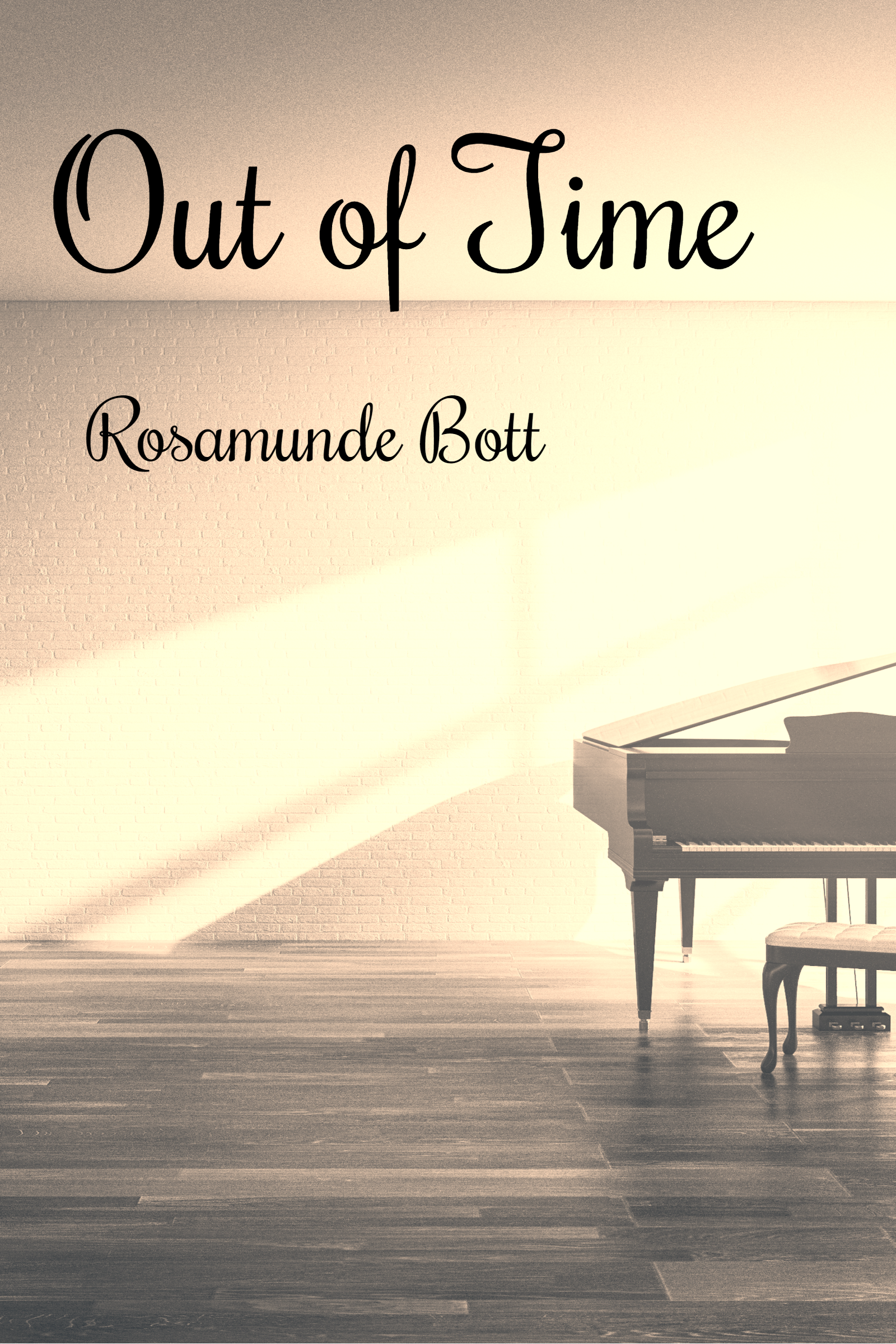 Like many others, I was totally transfixed by the last episode of Poldark in the current series. But have you ever wondered why we love a narrative so much? Story. Drama. Whether it is fact, or fiction, we love it. All of us love to hear about something happening, or something that has happened, or something that hasn’t happened, but might happen, or something that has no possibility of happening, but is a good story anyway. This is because we are human, and we are naturally curious, particularly about other human beings – and how else do we hear about other human beings if not through storytelling?
Like many others, I was totally transfixed by the last episode of Poldark in the current series. But have you ever wondered why we love a narrative so much? Story. Drama. Whether it is fact, or fiction, we love it. All of us love to hear about something happening, or something that has happened, or something that hasn’t happened, but might happen, or something that has no possibility of happening, but is a good story anyway. This is because we are human, and we are naturally curious, particularly about other human beings – and how else do we hear about other human beings if not through storytelling?
So, if we have factual stories, why do we need fiction? I once heard someone say that they never read fiction, they didn’t see the point of reading something that wasn’t real. I am convinced that person went home that night and watched Eastenders, and probably never made the ironic connection. Whatever. The point is that that person, and probably many others who say the same, have not understood what fiction is actually about. It is, as any good writer will tell you, ultimately about truth.
You might argue that, if you want truth, you can read a newspaper, or a text book. Well, that’s more to do with fact, rather than truth, and in these days of fake news, we cannot even say that it’s about fact.
However, good fiction, even if the basic plot is completely made up, has the truth of the human condition at its heart. Whether the main characters are humans, hobbits, wizards, talking animals or aliens, they all have themes we will recognise, and that will speak to our inner being. We can escape through fiction, whilst learning about ourselves without the pain of the actual experience. It’s a bit like the way children learn important life skills through play. In my experience, people who read fiction tend to be more open-minded, more informed, and generally more understanding about the human condition.
Take The Lord of the Rings, for example. One of the reasons why this is an epic, important novel is not just because it is a great story with great characters. It is also a story about friendship, comradeship, compassion and courage, all human themes. When we set out with Frodo and Sam on their journey, we know in our hearts that they will return. The reason we read is not to find out if they survive, it is to know how they survive, and what they have to learn and discover about themselves in order to survive. This goes deep into our very subconsciousness. We, also, are trying to survive in a difficult world. We may not have to fight orcs, or destroy a magic ring in order to save the world, but we all of us at some point will have to find the courage to keep going when the odds are against us, discover the importance of true friendship and support, and look for the light when all is dark.
When Tolkien was writing this great epic, some of his friends thought he was mad, writing a fantasy story aimed at adults. At the time he was writing, fantasy was looked down on as a triviality, or something only for children. Tolkien knew better. As an expert in ancient mythology and linguistics, he knew that he was reaching back into an older tradition of storytelling, that used legend, myth, magic and imagination to tell us the truth about ourselves.
The storytellers of the ancient world were revered as people of wisdom and knowledge.
For storytelling is also one of the most ancient of arts. The storytellers of the ancient world were revered as people of wisdom and knowledge. Before men learned to write, they were the first teachers, telling tales of heroism and legend. They travelled, taking their stories throughout the world, and bringing  back with them new tales from exotic places.
back with them new tales from exotic places.
Stories reflect our own true selves. This is why storytelling is so important, and no more so than in times when all about us is bad news and we struggle to come to terms with how to live in a world that seems at odds with itself. Storytelling defines us as humans, and binds us together. We see ourselves in the story, and we know we are not alone.
Everyone is involved in story somewhere. If you don’t read, you probably watch films. If you don’t watch films you probably watch TV dramas. And even if you don’t do that, you will have heard a story in a song, seen it in a piece of art, or read a biography, or gone to the theatre or the opera. There is no escaping it. Story is everywhere.
So, if you are a storyteller, then remind yourself that you are carrying on a tradition that is as old as time, and that you are an important component of today’s world. Never let anyone trivialise what you do. In my book, it’s just as important, if not more, than any of the highest paid jobs on the planet. And it’s about time that we storytellers (whether it’s through art, music, writing or otherwise) were once again given our due respect.


 Like many others, I was totally transfixed by the last episode of Poldark in the current series. But have you ever wondered why we love a narrative so much? Story. Drama. Whether it is fact, or fiction, we love it. All of us love to hear about something happening, or something that has happened, or something that hasn’t happened, but might happen, or something that has no possibility of happening, but is a good story anyway. This is because we are human, and we are naturally curious, particularly about other human beings – and how else do we hear about other human beings if not through storytelling?
Like many others, I was totally transfixed by the last episode of Poldark in the current series. But have you ever wondered why we love a narrative so much? Story. Drama. Whether it is fact, or fiction, we love it. All of us love to hear about something happening, or something that has happened, or something that hasn’t happened, but might happen, or something that has no possibility of happening, but is a good story anyway. This is because we are human, and we are naturally curious, particularly about other human beings – and how else do we hear about other human beings if not through storytelling? back with them new tales from exotic places.
back with them new tales from exotic places.